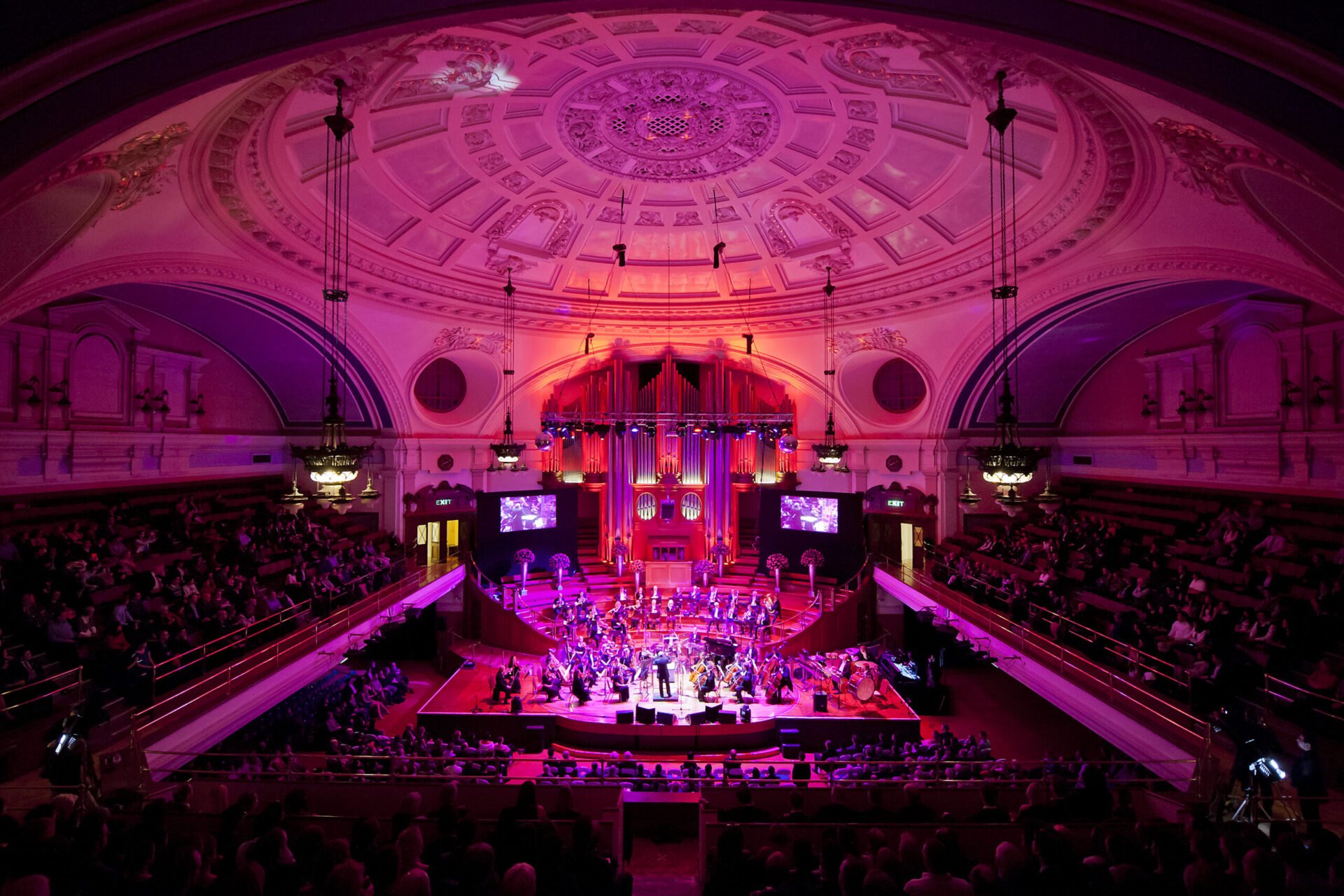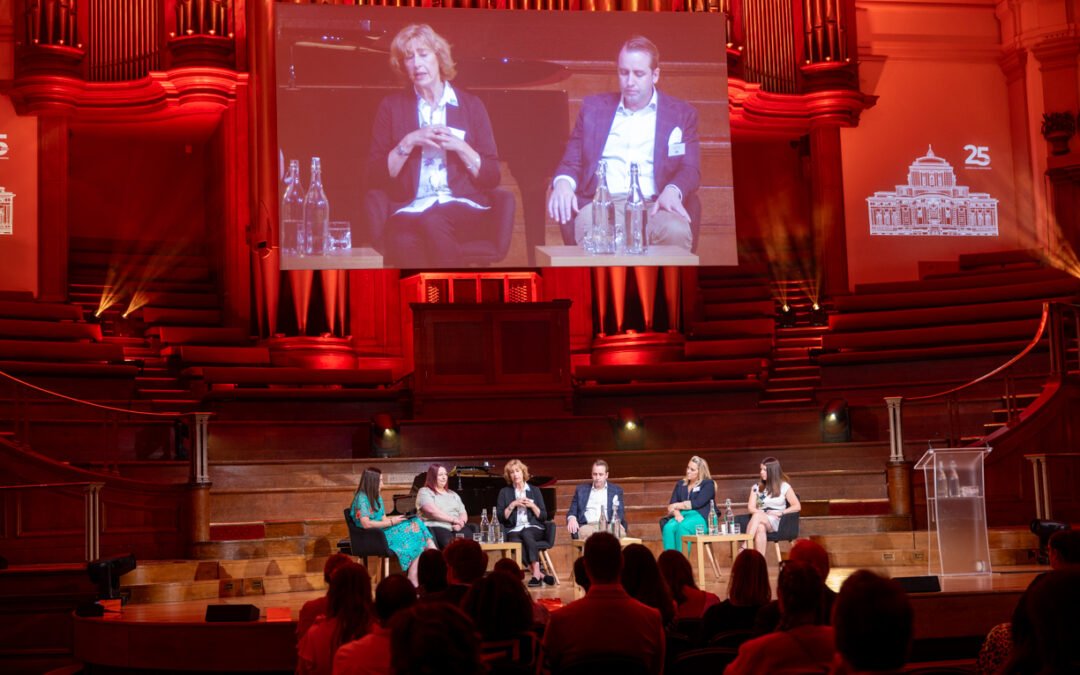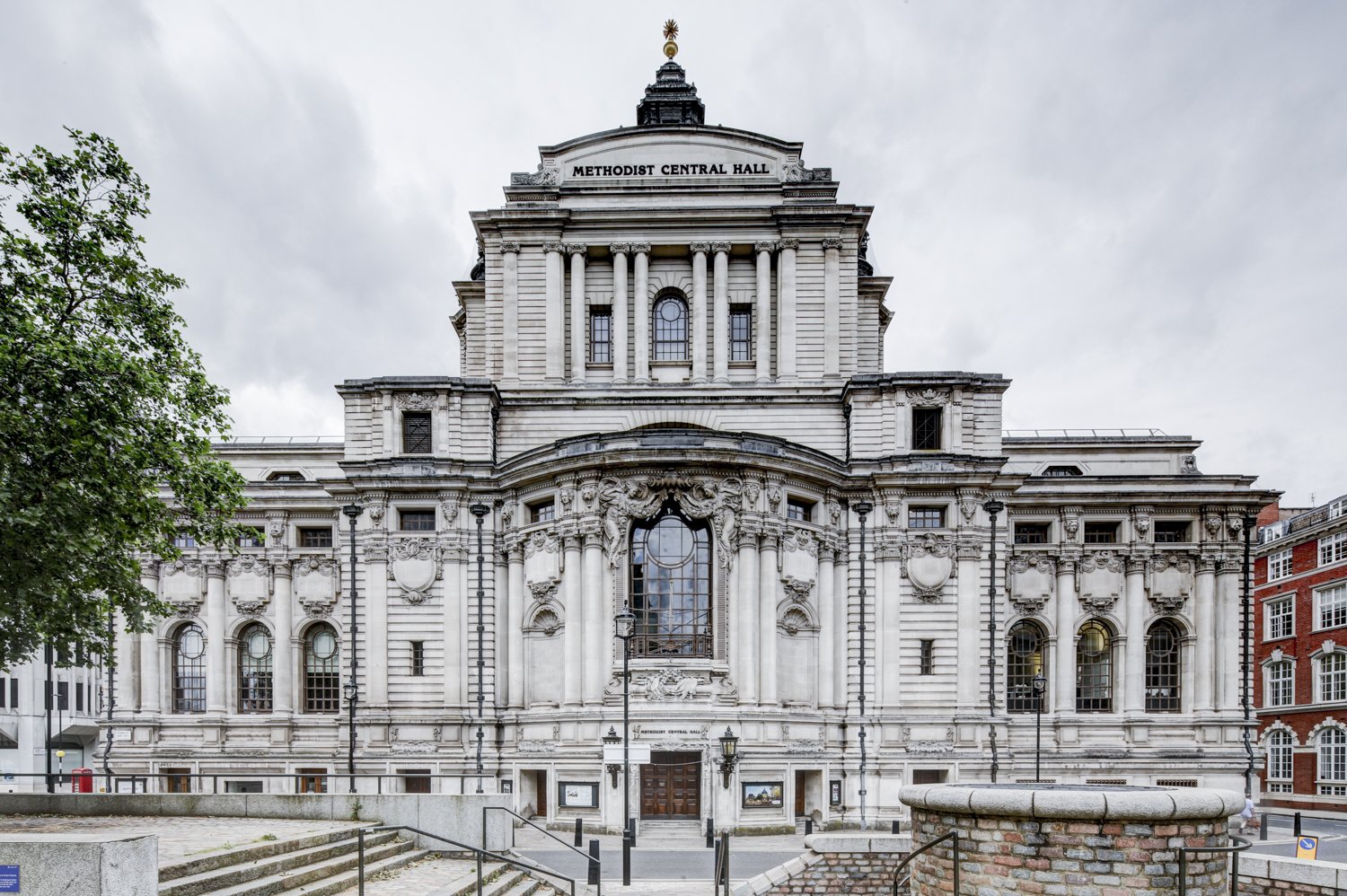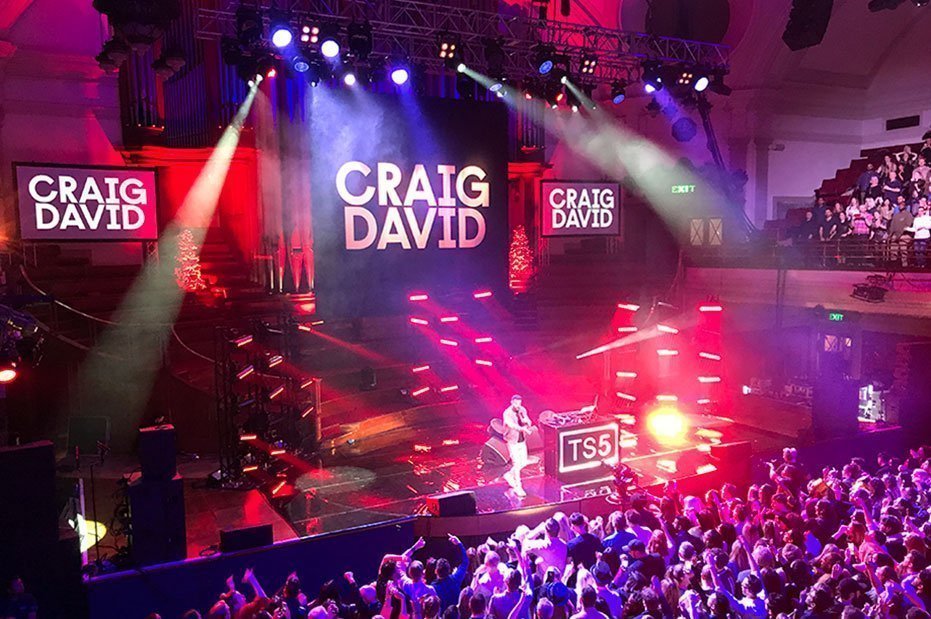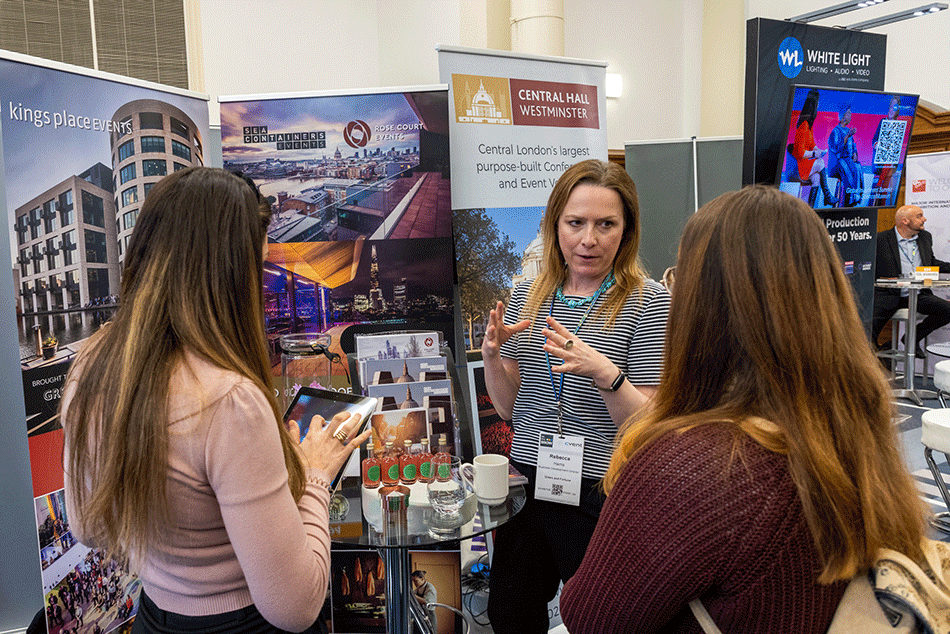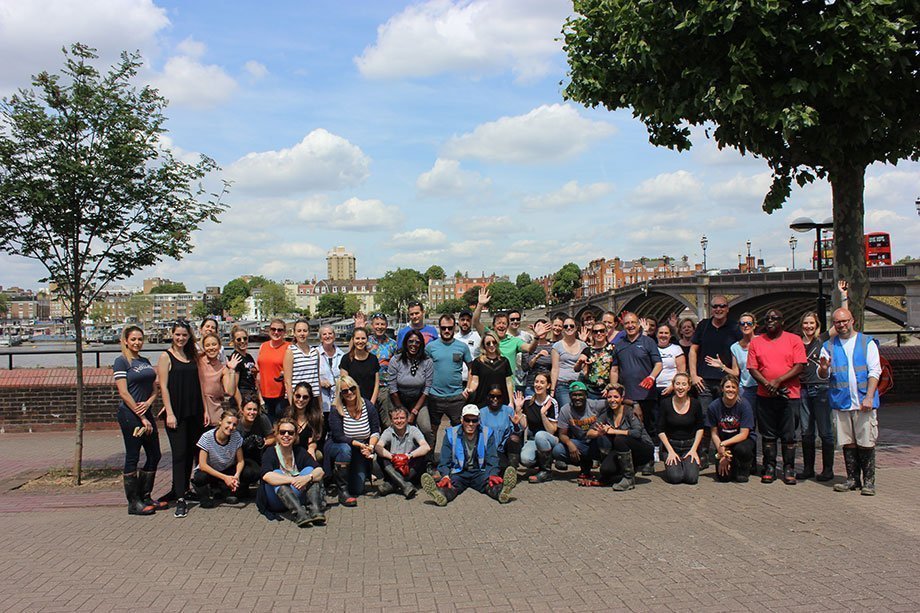Feature in Event Industry News
As Central Hall Venues celebrates 25 years as an events business, its team reviews industry changes during this time before peering into the future to give their predictions for how the events industry will evolve over the next quarter of a century.
There’s no denying that there have been many challenges to the UK’s business meetings and events sector since 1999, the year that Central Hall Westminster became an events venue and part of Central Hall Venues, a group of venues situated around the UK.
The terrorist attacks in the US on 9/11 in 2001 were devastating for those involved, but the ripple effect of these tragedies was that travel, particularly corporate travel, saw a huge decline.
As a result, there was a reduction in spend and activity for corporate entertaining and staff parties, which impacted venues and event suppliers, notes Sarah Franczak, chief operating officer, Central Hall Venues.
After picking up in 2004, there was another blow in 2008 with the global financial crisis again impacting corporate spend. The subsequent recovery for the events industry was then delivered a devastating strike by the Covid pandemic in 2020 with events shut down for over a year.
However, the events industry showed tenacity and resourcefulness during this time, embracing technology to keep events running online and has recovered well over the last few years. At Central Hall Westminster, the team now hosts more than 800 events every year.
On another positive note, Franczak highlights how event catering has become more creative and varied over the last 25 years. Back in 1999, it’s unlikely that Buffalo cauliflower wings, crushed chilli and black sesame or Teriyaki seabream, Asian vegetables, buckwheat soba noodles – dishes currently offered by Central Hall Westminster’s catering partner Green & Fortune – would have featured on the buffet table.
She also highlights the increasing reliance on technology: “Wi-Fi didn’t exist when I started my journey,” she adds.
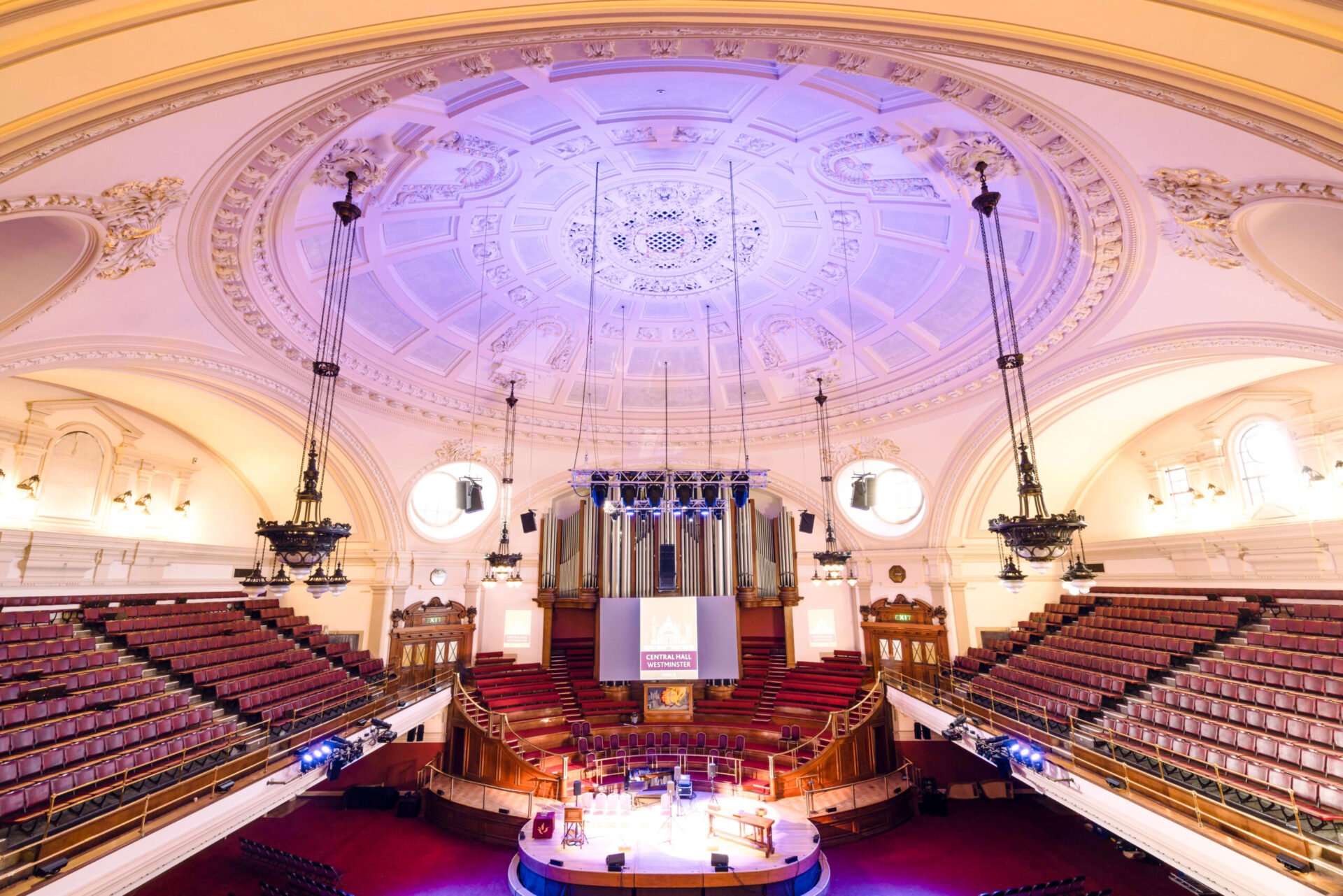
So what do the next 25 years hold?
Technological integration
The increasing use of technology, perhaps unsurprisingly, was mentioned by all members of the Central Hall Westminster team when asked for their predictions for the events industry in 2049.
Head of events Yasmin Barnett says: “We’ll encounter easier connections to tech, with more tech availability in standard events packages.” .
Jonjo Glynn, venues director at White Light, Central Hall Westminster’s AV partner, believes virtual reality (VR) and augmented reality (AR) will be used more widely to create more immersive experiences. These will also allow attendees attending remotely to participate in ‘a more interactive and engaging manner.’
This may be useful as Adrian Roberts MBE, environmental, social & government officer at Central Hall Westminster, predicts that more events will move online due to ‘the cost of living and pressure on achieving Net Zero’.
Global connectivity and participation
While others agree that sustainability and the impact of events on the environment will take greater precedence, they don’t believe it will put an end to live events.
Rhiannon Thomas, head of sales, suggests that we’ll see a rebellion against smartphones and technology as we continue to crave real connection, leading to a rise in in-person experiences.
Others see technology and one of its facets – AI – as an aid and enhancement for more hybrid events.
“We’ll see more technology and AI being used more widely,” predicts Nicky Kent, head of human resources. “It will help with the delivery of bigger events and with the growing number of international presentations.”
Franczak concurs. She says AI will widen the scope for events ‘allowing more virtual presence from overseas delegates’.
Sustainability and eco-friendliness
As Roberts states, the ‘pressure’ to achieve Net Zero across the industry means that eco-friendliness will be high up on the agenda for many.
Barnett sees growing interest in the environmentally-friendliness of events already, and says there will be a stronger emphasis on sustainability as we move into the next two-and-a-half decades.
“I do believe the need to be sustainable will be paramount,” agrees Franczak, particularly as it is of importance to the workers of the future.
“Children who are in primary school now will be in the industry in 25 years’ time and that generation has a huge focus on protecting our environment,” she says.
Personalisation and customisation
While technology will play a greater role in event delivery, Thomas is confident that live events will still be in demand if event planners can get the offering right.
Using data analytics, events will offer highly personalised experiences from customised agendas and interactive platforms to choose sessions to match their own interests.
“There will be more focus on offering tailored and personalised content and networking opportunities to create a quality event experience,” she adds.
As head of events, Barnett has her finger on the pulse and notes ‘growing expectations’ from clients that she sees continuing. Focusing on providing guests with personalised and customised experiences will therefore be essential, she says.
So to summarise the outlook for the next 25 years: The events industry will become more integrated with technology, focussed on sustainability and will continue to evolve to changing societal needs and preferences, creating more engaging, inclusive and innovative experiences for attendees. Central Hall Westminster’s team looks forward to the next chapter.
